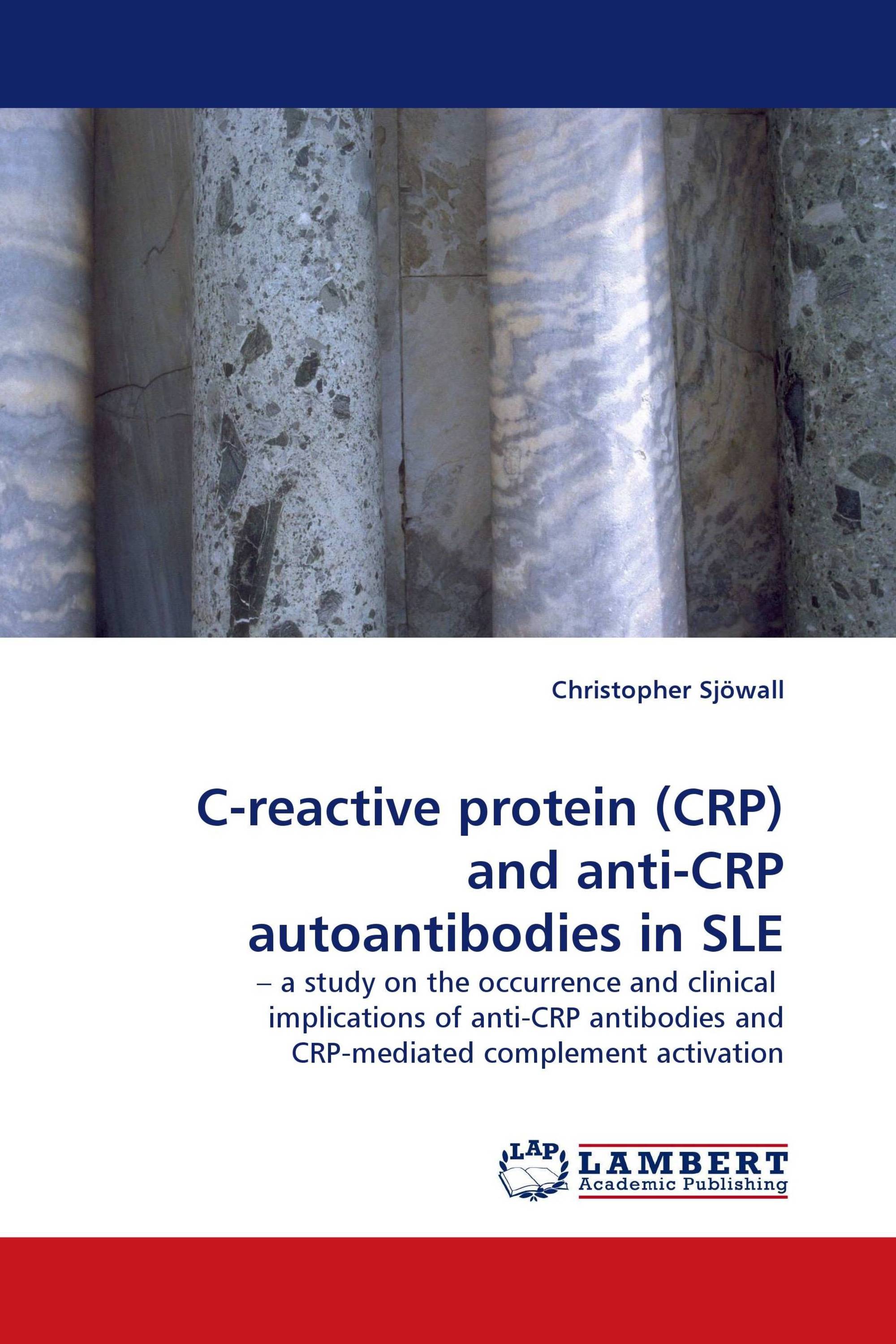C-reactive protein (CRP) and anti-CRP autoantibodies in SLE
– a study on the occurrence and clinical implications of anti-CRP antibodies and CRP-mediated complement activation
€ 59,00
Systemic lupus erythematosus (SLE) is an autoimmune disease characterized by production of a wide range of autoantibodies, multiple organ involvement and by tissue deposition of immune complexes (ICs) in the inflamed organs. In contrast to most systemic inflammatory conditions, and despite raised levels of proinflammatory cytokines, SLE flares are rarely reflected by elevated C-reactive protein (CRP), an essential acute-phase reactant in man with homologs in vertebrates and several invertebrates. As a part of the innate immune system, CRP binds certain molecules exposed on the surface of dying cells/apoptotic debris. CRP also interacts with IgG- containing ICs, binds Fc receptors and activates the complement system via C1q. In this book, the important role of CRP and anti-CRP autoantibodies in the lupus pathogenesis is highlighted. This book should be of use for rheumatologists, immunologists, nephrologists, pathologists and PhD students with an interest in this particular field of research.
Book Details: |
|
|
ISBN-13: |
978-3-8383-0640-7 |
|
ISBN-10: |
3838306406 |
|
EAN: |
9783838306407 |
|
Book language: |
English |
|
By (author) : |
Christopher Sjöwall |
|
Number of pages: |
124 |
|
Published on: |
2009-07-13 |
|
Category: |
Medicine |
